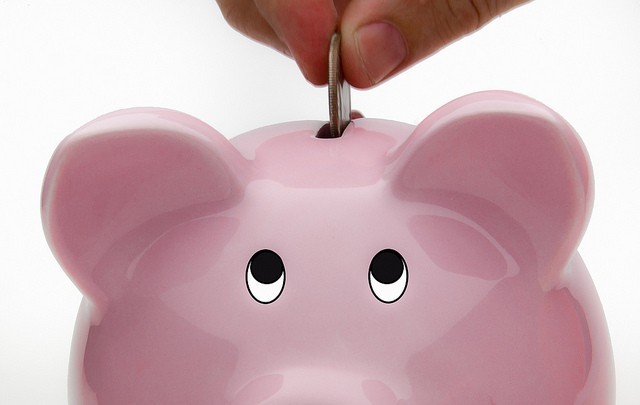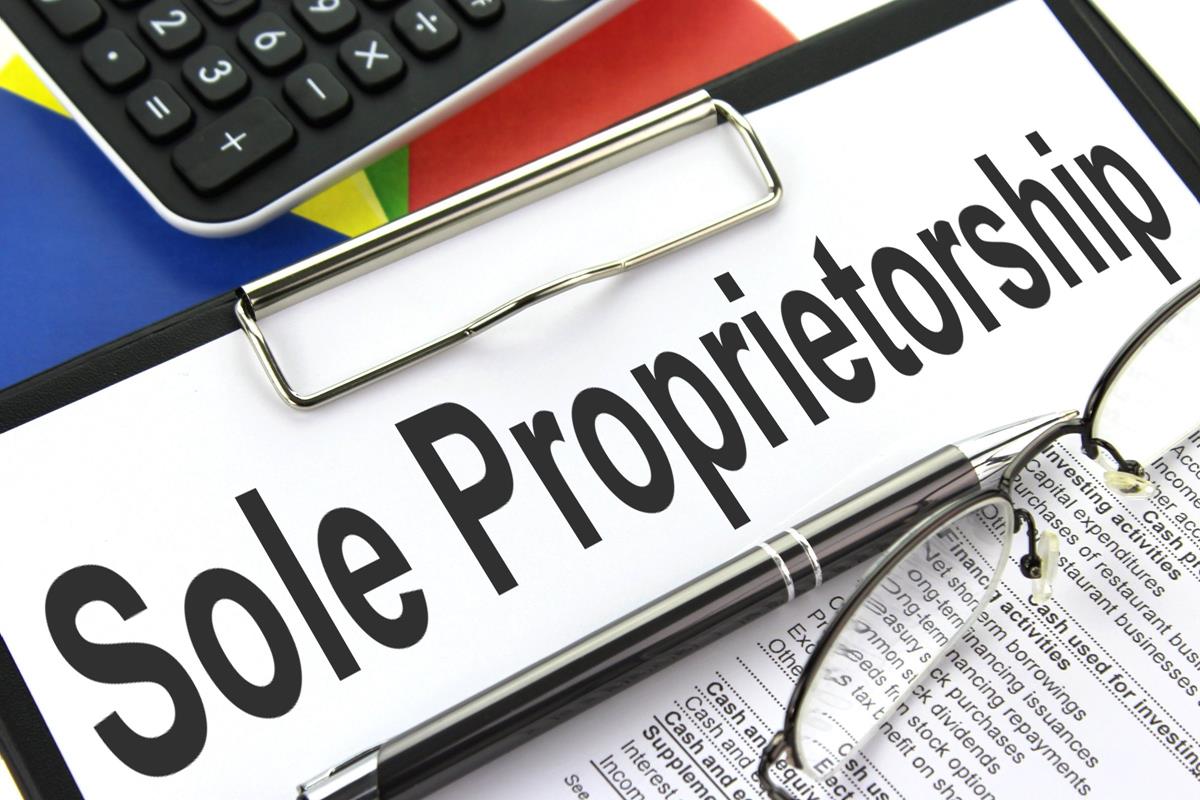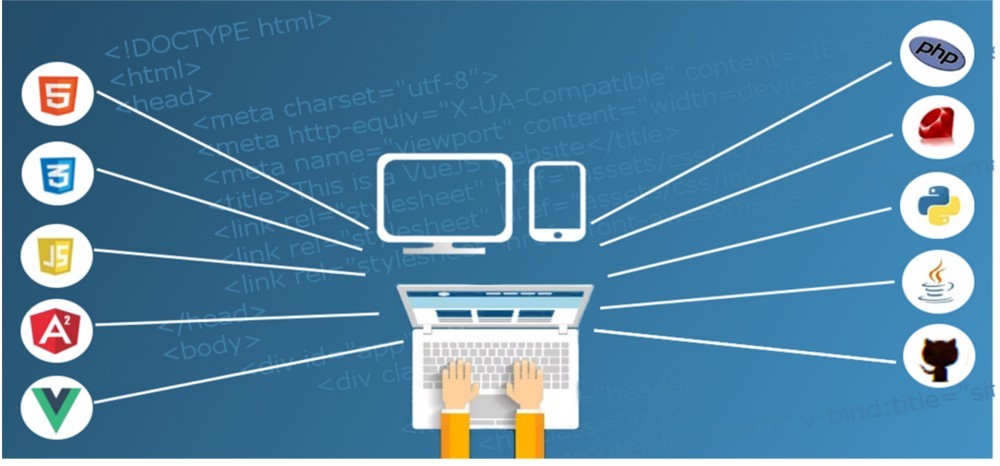With the expanding of the internet and online access, there are so many types of different banking available today. However, in this article, I am going to focus primarily on the brick and mortar conventional banking that is accessible locally to you and me. What is the best small business bank account?
I am a little old fashion. I like to the tangible aspect of having a concrete building to go and make a withdraw or a deposit. However, there are always exceptions which I can be coerced. The availability of digital deposits is totally cool. It makes it so convenient when I am strap for time.
In this article, we will discuss the four types of banks I am familiar with: Credit Union, big franchise banks, local banks, and digital banks.
Credit Union
Credit Unions are non-profit and cooperative institutions. Generally, the union banks are formed with members from the same industry such as work, religion, etc. To be a member, many credit unions require that you live or work in a certain geographic area.
Credit Unions are federally or state chartered and insured by the National Credit Union Administration (NCUA). Similar to the FDIC, NCUA insurance covers the share holder account up to $250,000 per person.
The benefit of having a credit union account is that it may offer higher yield on deposit products such as CD and offer loans at a lower rate. The negative aspect is that it is not as easy to become a member. You may require belonging to an organization that is part of the credit union bank or meet a certain criterion. The criteria could be as simple as buying a car from a dealer that associate with the credit union. Do research for the requirements.
It is a definitely plus to establish an account with a credit union if you can get accepted as a business account or even personal account. Small business may sometimes require getting loans to get started. Having an account with the credit union will yield low rates and fees. Every bit of savings count toward your big picture.
Big Franchise Banks
Big franchise banks such as Wells Fargo, Bank of America, or Chase are competitive and easily accessible in many states. That is one of the big benefit banking with big banks.
Opening a business checking or saving accounts with big banks are fairly simple and competitive with many other banks. Generally there are certain requirements such as the minimum amount to open an account and fees associated to the account. However, most of the time you can have the fees waived when you meet certain requested criteria from the bank.
One negative aspect of banking with the large bank is that it is less personable and responsive. Also, even though the loan rates are competitive, sometimes it is higher than the average. They do have many fees associated to the account so make sure to read the fine lines. The fees can also sometimes be waived.
Local Banks
Local Banks are generally banks locally to the city or state such as United Legacy Bank or Florida Community Bank. They are FDIC insured. The requirements are sometimes less strict than the bigger banks. The smaller banks can cater to your personal need with lower fees. Another plus factor is supporting the local business which stimulates the local community.
A negative aspect of banking with local banks is that their banks may not be available in many states. Cash withdraw while traveling is not as convenient. However, since the invention of the debit card, you can use it anywhere you go without having to withdraw cash. It is also an evil option. You can easily over spend what you don’t have.
There are advantages and disadvantages in every thing that we do. Educate ourselves, be aware of the consequences and be responsible for our own actions.
Digital Banks
Digital Banks are online banking. Many banks (big and small) are now online in order to stay competitive. You can deposit, transfer money, review bank summary, and/or many other convenient bank services online from your computer or your mobile phone using an app. You can conveniently access to your account at anywhere and at any time. The only thing you cannot do right now is get cash directly from your phone like an ATM.
One negative aspect is identity theft. There’s a possibility that your account can get hacked by others. Banks are doing their best to prevent computer hackers. Nonetheless, it is sometimes unavoidable. It is always good to be on top of your accounts and finance. Be aware and alert so when there is a change you can quickly remedy it.
Another popular service in the last decade is the process of transferring money online. PayPal.com. Pioneer.com and Venmo.com are a few leading businesses in the money industry. The payment method could be through credit cards, debit cards, direct deposits, wiring money, etc. Establishing an account with them is easy and free.
PayPal.com is convenient for small businesses with small transactions. It is accepted almost everywhere. However, the fees are higher when your transactions are bigger. You can look into other options that accept credit cards such as merchant account through your bank.
What Bank Do You Need For Your Business
What kind of business are you setting up? Do you take payments and/or pay others. What about foreign exchange rates and fees? Do you sell your product internationally? Do you need a loan or a credit line? These are legitimate questions to ask yourself when you are looking for your banking needs.
When starting out, I would recommend looking for a local bank to establish your account. Support your local business. Start with opening simple business checking account and saving account. However, if opening an account with a local bank may not be feasible for you, look for a credit union and then the large banks. It does not hurt to interview the banks with a list of your requirements in mind. Which ever fit your needs, go with that one. There is no right or wrong only what will benefit you most.
I would also establish an online service such as PayPal.com so I can quickly accept payments of any kind. Overtime once I establish my business, I can continue to explore alternative options outside of PayPal.com to best benefit my needs.
Why Do You Want To Have An Account?
Having a bank account is definitely a benefit to your business. Here are a few reasons why you may want to have a bank account:
- Establish a relationship – It is good to establish a good relationship with your banker. You may need a loan or a line of credit which may help you in the long run.
- Seasoning your business – proof of your financial record
- Credibility – professional and established for your clients
- Transferring funds – convenient and accessible at anytime
- Keep your personal finance separate from your business
- Organized for tax time
How To Set up An Account
In order to set up a business account under your business name, you will need the following paperwork in order:
- Tax id number – If you are a sole proprietor such as a DBA, you can use your social security number (SSN) or if you established an LLC, a corporation, or other form of business, you will want to obtain a tax ID from the IRS –> Click HERE to obtain an EIN (Employer Identification Number) from the IRS <– It is good to have a EIN instead of using your own SSN. This will help with your own privacy and prevent any possible identity theft. Obtain a tax ID is free.
- Proof of your business – If you open a corporation, you will need to show the articles of incorporation. If it is a DBA as sole proprietor, you can show your registered receipt and the published DBA article.
- Business License or also known as Business Tax Receipt – You can obtain the business tax receipt at your city hall. For me I had to pay business tax receipt with the city (Maitland) as well as the county (Orange). Check with your city hall for details.
Putting It All Together
Getting a bank account is not hard. You can get it done within an hour or two once you have all your paper work ready. Do your research beforehand on what bank institution will meet your needs most. Most of the time and out of convenience, your personal bank would be your best bank. They already have a past track record with you so opening an account would be quick and simple. However, they may have higher bank fees or interests for loans so check around first.
Again, do your due diligence and be resourceful. It is a pain in the butt to change when you find that the bank you choose does not fit your needs. However, making mistakes are OK. It is healthy as long as you learn from them and move forward.
I hope this article has been helpful in choosing a bank for your business. If there are any questions or comments, please leave your thoughts below. I would love to assist whenever I can.





4 thoughts on “What is the Best Small Business Bank Account for me – Comparing Bank benefits”
Thanks for this great article, especially when trying to choose the right bank for a small business! which can be difficult at times.
I like the fact that you compare the banks based on what I am looking for and it really helped narrow things down for me!
i’ll bookmark this page for further reference!
Thank you, Jeremy! I appreciate your comment. I am glad the article is helpful. If you stumble into more questions, please do not hesitate to send them my way.
I’ve never really viewed Paypal as a bank, but I guess it does qualify. What are your thoughts on crypto-currencies like Bitcoin? Besides the recent instability of the past year, crypto-currencies are able to hold a value of money.
You are right. PayPal is maybe almost bank but you do not gain interests from them. I view it more like in between a credit card service company and a bank.
I have been slowly learning about Bitcoin. I noticed it 8 years ago and watched it grew pretty quickly. Although, it is still volatile. I am still hesitant because of the big swings at this time. My husband feels crypto-currencies will eventually become our monetary of exchange. It is not impossible. It’ll take time.
I appreciate your question and comments. Thank you, Steven.